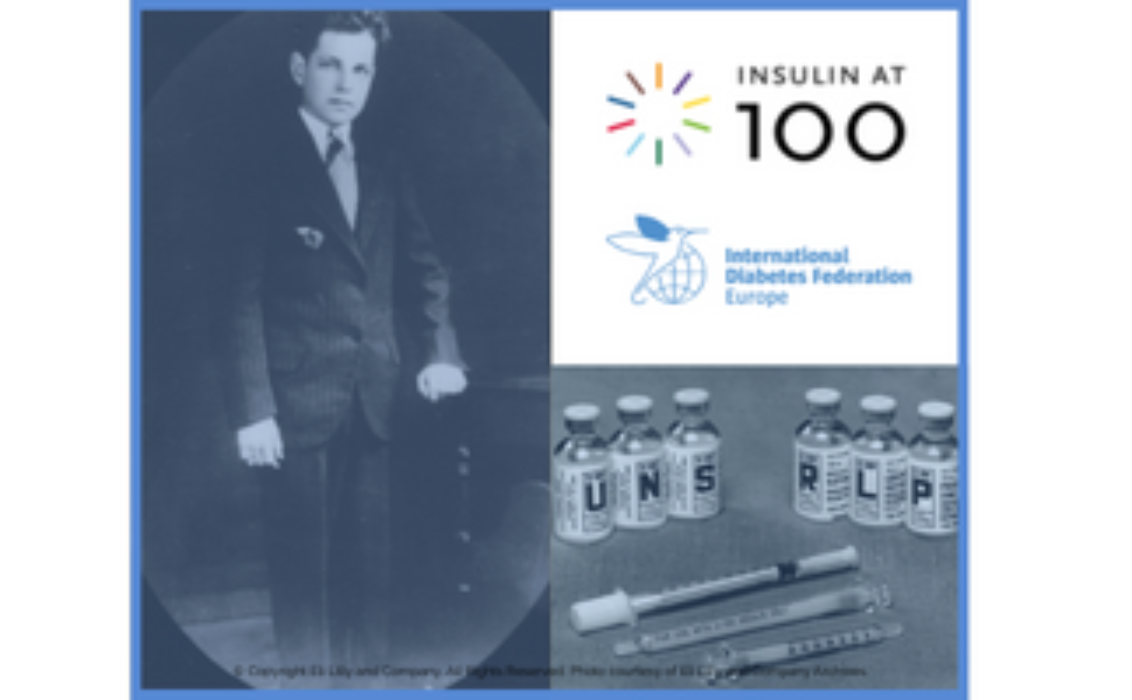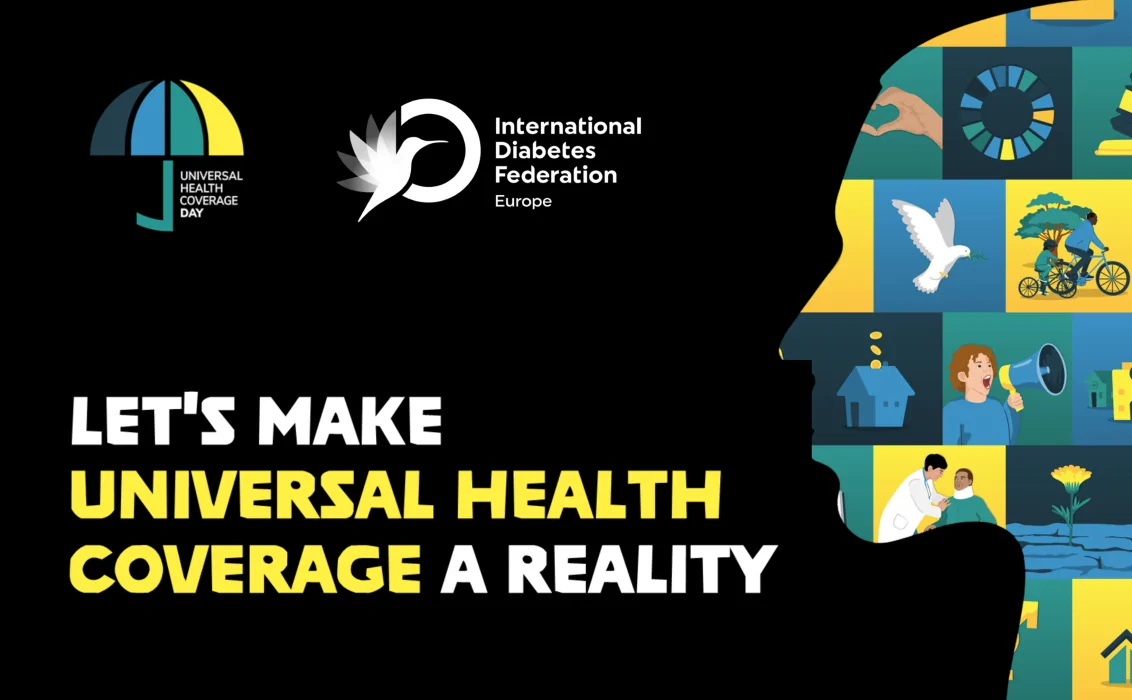On January 23 1922, 14-year-old Leonard Thompson received the first successful insulin injection, which resulted in a drop in his blood glucose levels without any side effects. Today, we celebrate this major scientific breakthrough and the millions of lives that have been saved ever since.
One hundred years later, as well as ever more performing insulins, many new medicines and technologies have been developed, making a hugely positive impact on the lives of people living with diabetes (PwD). We also know a lot more about the complexity of this disease, which, according to the World Health Organization (WHO), actually covers 14 distinct types, of which the most common are Type 1 and Type 2 Diabetes.
Extensive research and studies have demonstrated how both the risk of developing Type 2 diabetes and diabetes-related complications and people’s ability to manage their diabetes optimally are influenced by a multitude of often interlinked factors. In addition to non-modifiable genetic factors, these include modifiable risk factors such as a person’s socio, economic and environmental circumstances as well as external elements such as the structural organisation of care and the use of data, innovative tools, technologies and approaches by national health systems and people living with diabetes.
The socio-economic determinants of health themselves include factors that today represent some of the most pressing challenges in our societies, such as food insecurity, working life conditions, access to education, income, housing, and social inclusion. It is evident that these determinants generate huge inequalities which have a negative impact on PwD’s lives. In Europe, such inequalities exist between and within countries and regions and represent an obstacle to the fulfilment of PwD’s fundamental right to the highest attainable standard of health as stated by the WHO Constitution.
In this context, new technologies, tools and innovative approaches have the potential to revolutionise diabetes prevention, care and management and improve both the quality of life and the health outcomes of PwD. The inherent complexity of diabetes prevention and management means, however, that the deployment of these new innovations and technologies must make inclusivity a priority and address the systemic issues of access that might affect their adoption. Alongside the increased use of novel tools and approaches, a holistic approach to diabetes prevention, care and management must also be implemented, taking into the account the need for improved integration of care; the provision of adequate support for PwD including focusing on mental health and emotional well-being; and the deployment of effective training, education and other support mechanisms for improved self-management, including for example peer support and patient empowerment programmes.
On this day, IDF Europe calls on policy-makers and other stakeholders to come together to make diabetes a priority and improve the lives of PwD through:
- The promotion of a person-centred, and outcomes-based. approach
- Further digitalisation of health services, and the provision of innovative tools and technologies
- The adoption of an integrated care system, including strengthening primary care
- The reduction of inequalities and improved access to the required diabetes medicines, supplies, technologies and care
- Greater PwD empowerment and engagement in their care, and
- Increased focus on prevention, health promotion and early action
For more information on our work to support these priorities, raise awareness of the condition and elevate diabetes on the political agenda, visit our website and our dedicated Insulin100.eu platform.



